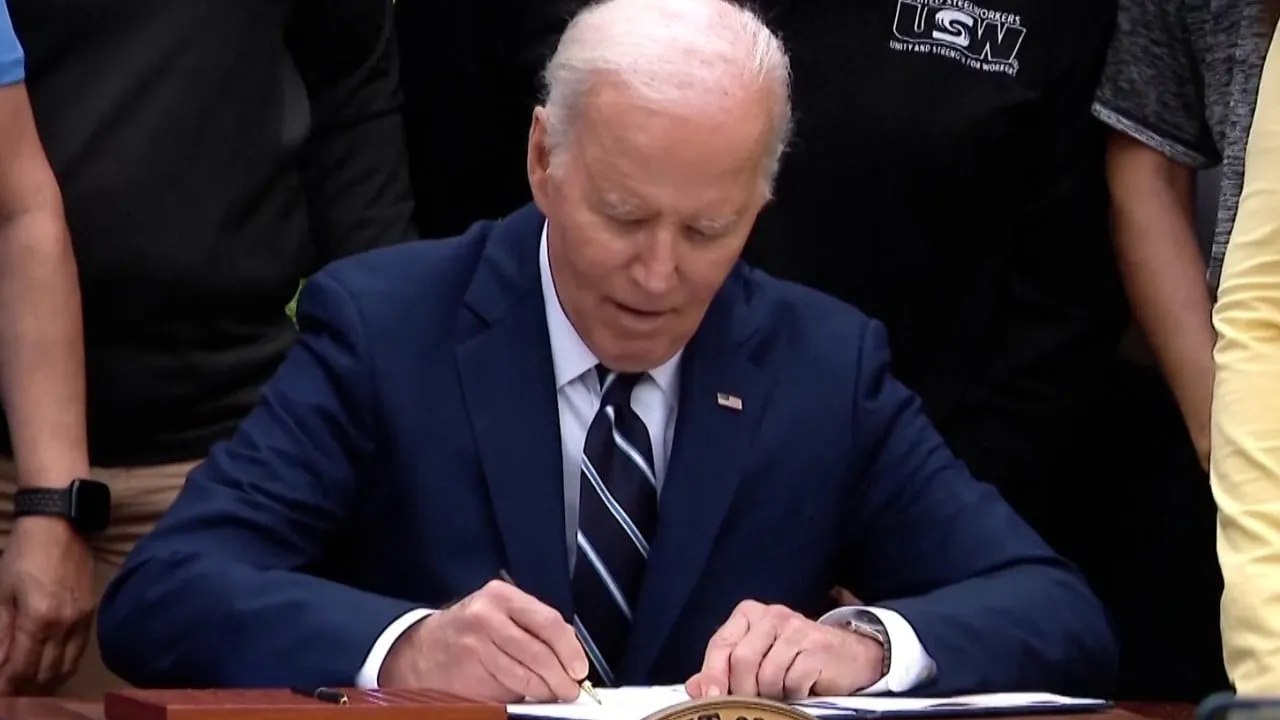Section 301 Tariffs and US-China Trade Ties: Commerce Dialogues in Tianjin

Concerns Over Section 301 Tariffs during Tianjin Talks
Beijing raised significant issues regarding Washington’s Section 301 tariffs, investigations targeting Chinese imports, and investment restrictions during trade discussions led by Wang Shouwen, the Chinese commerce vice-minister, and Marisa Lago, US under secretary of commerce for international trade, in Tianjin.
Key Issues Addressed in the Talks
- Additional Section 301 Tariffs: Concerns expressed over the recent tariffs imposed earlier this year.
- Trade Sanctions: Discussions included the US investigations into China’s shipping industry under Section 301.
- Investment Restrictions: Both sides evaluated the increasing restrictions impacting US-China trade ties.
During this meeting, which marked the second vice-ministerial commerce dialogue, the focus remained on crucial aspects such as national security and the importance of maintaining communication in trade.
Evaluating Future Prospects of Trade Relations
As economies unite to stabilize ties, President Joe Biden and Donald Trump have differing philosophies on handling trade. The rising sentiments regarding excess industrial capacity in China amplify the urgency for effective trade agreements. Overall, the US and China aim to foster a cooperative environment to resolve existing differences.
This article was prepared using information from open sources in accordance with the principles of Ethical Policy. The editorial team is not responsible for absolute accuracy, as it relies on data from the sources referenced.